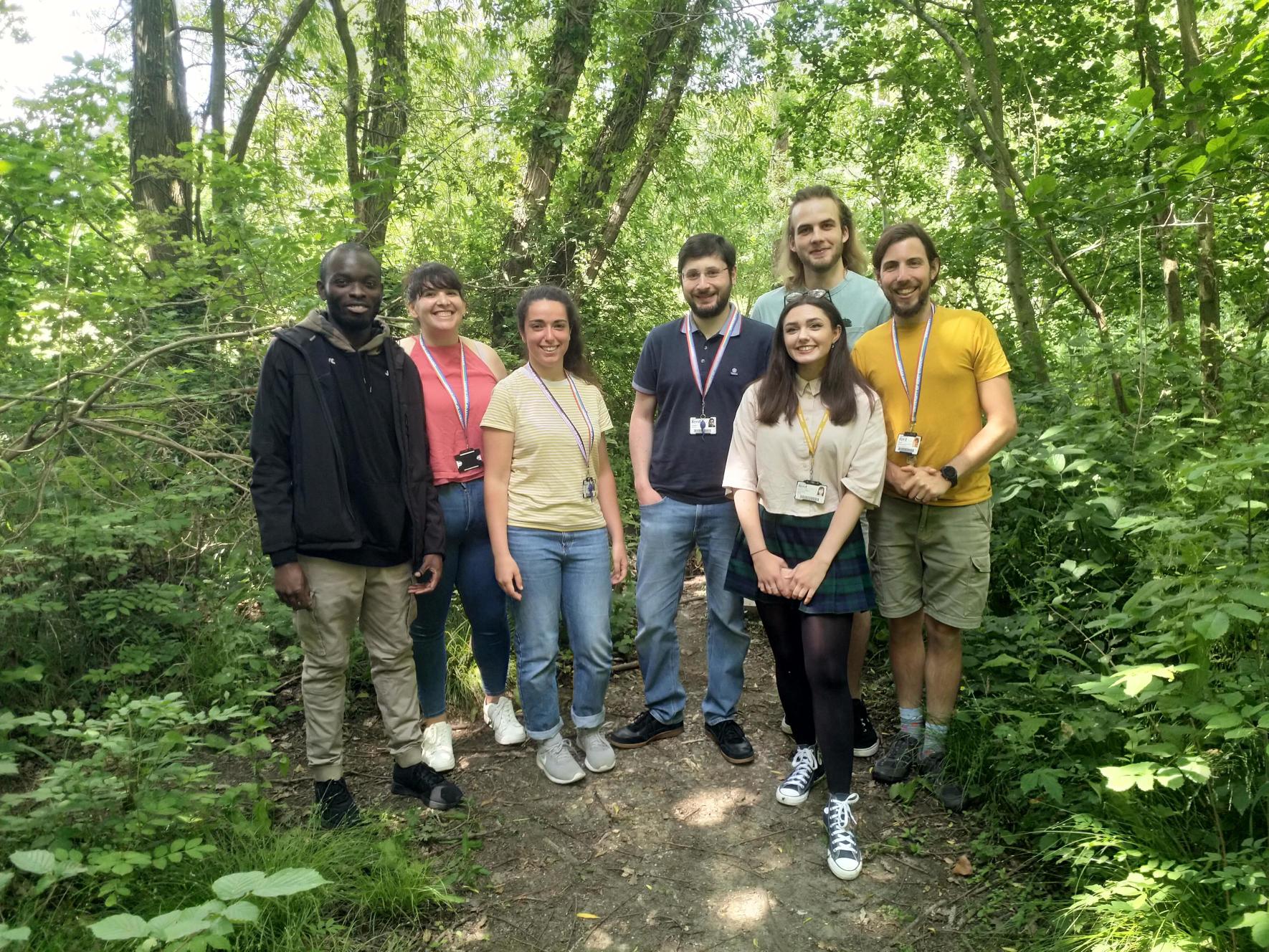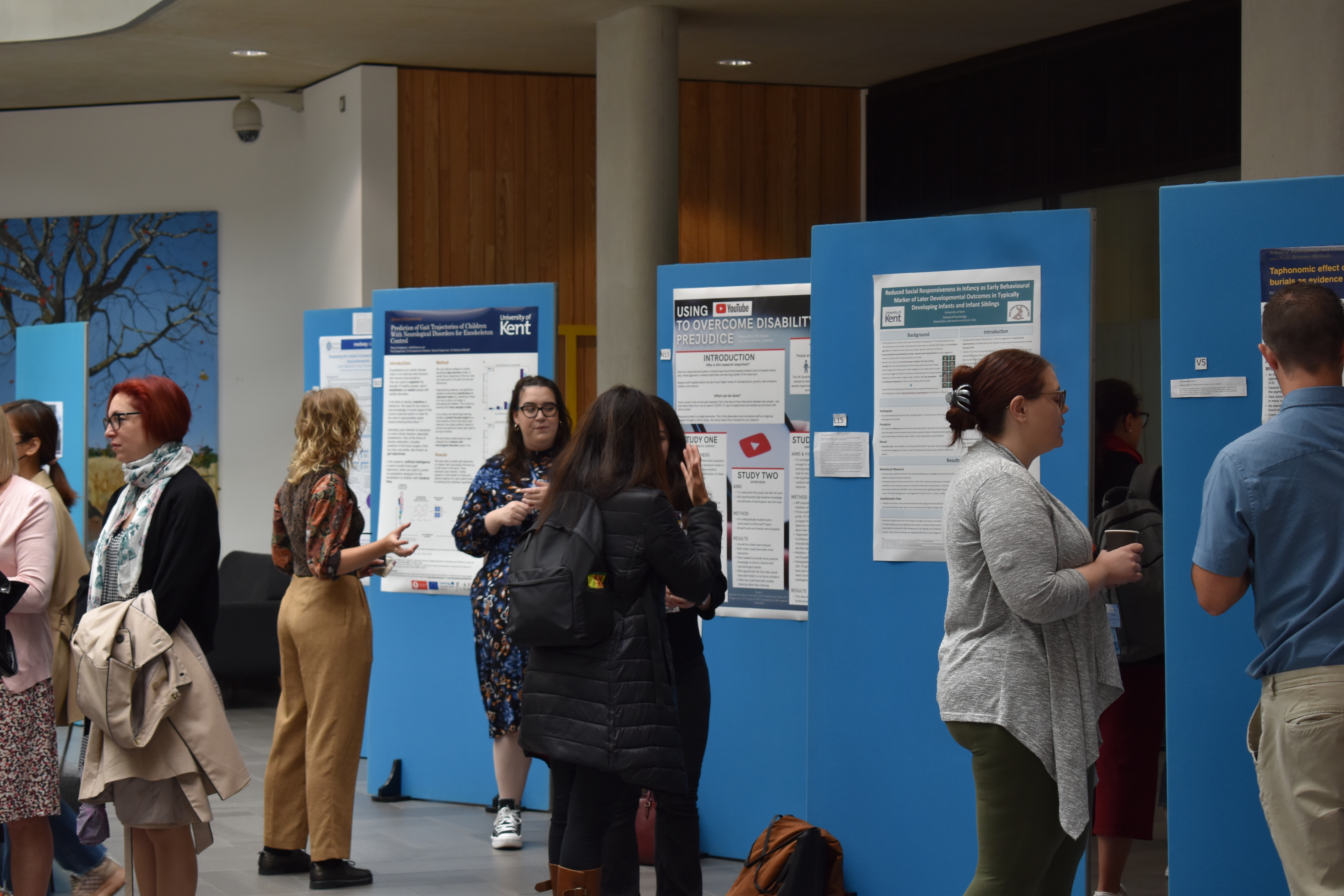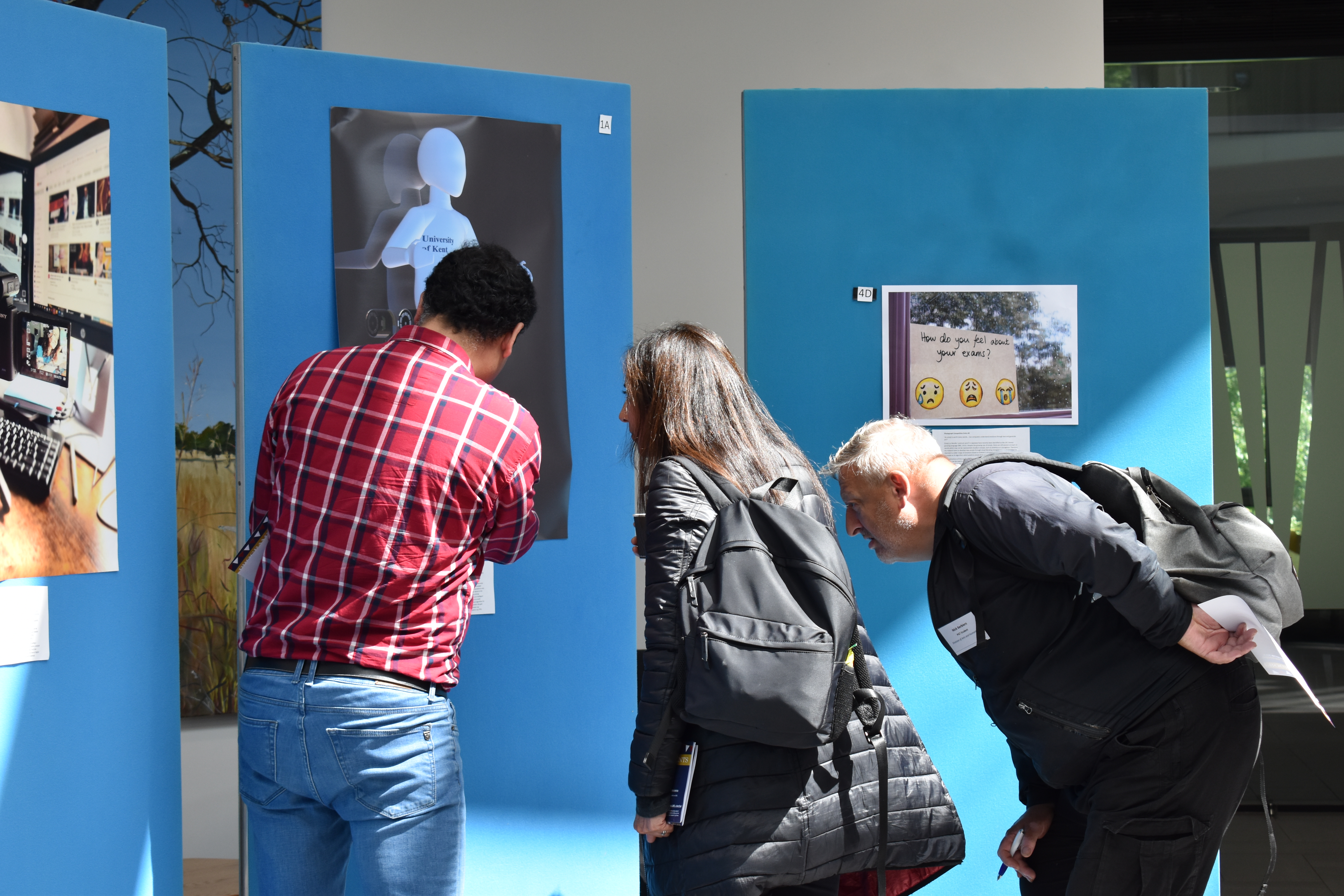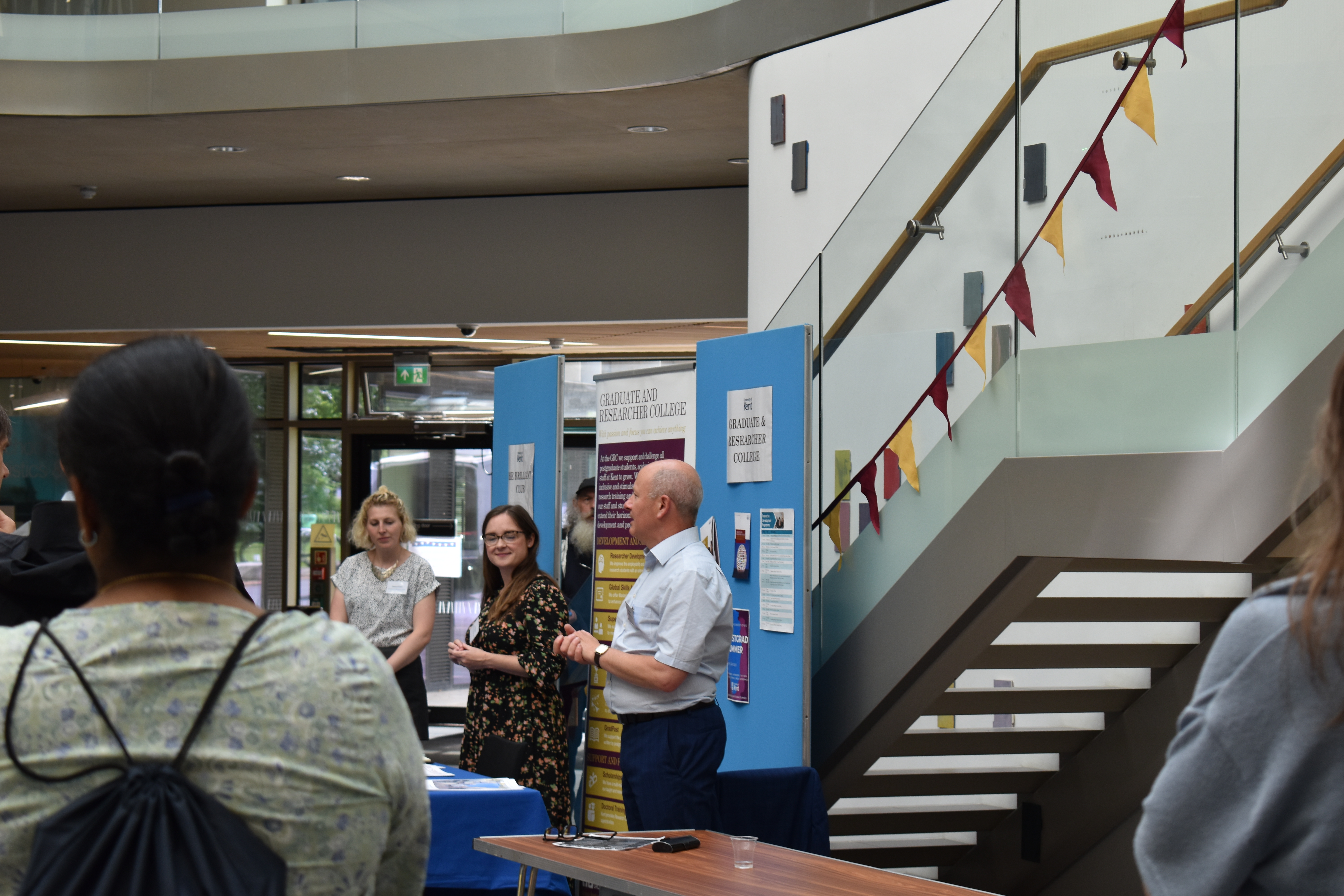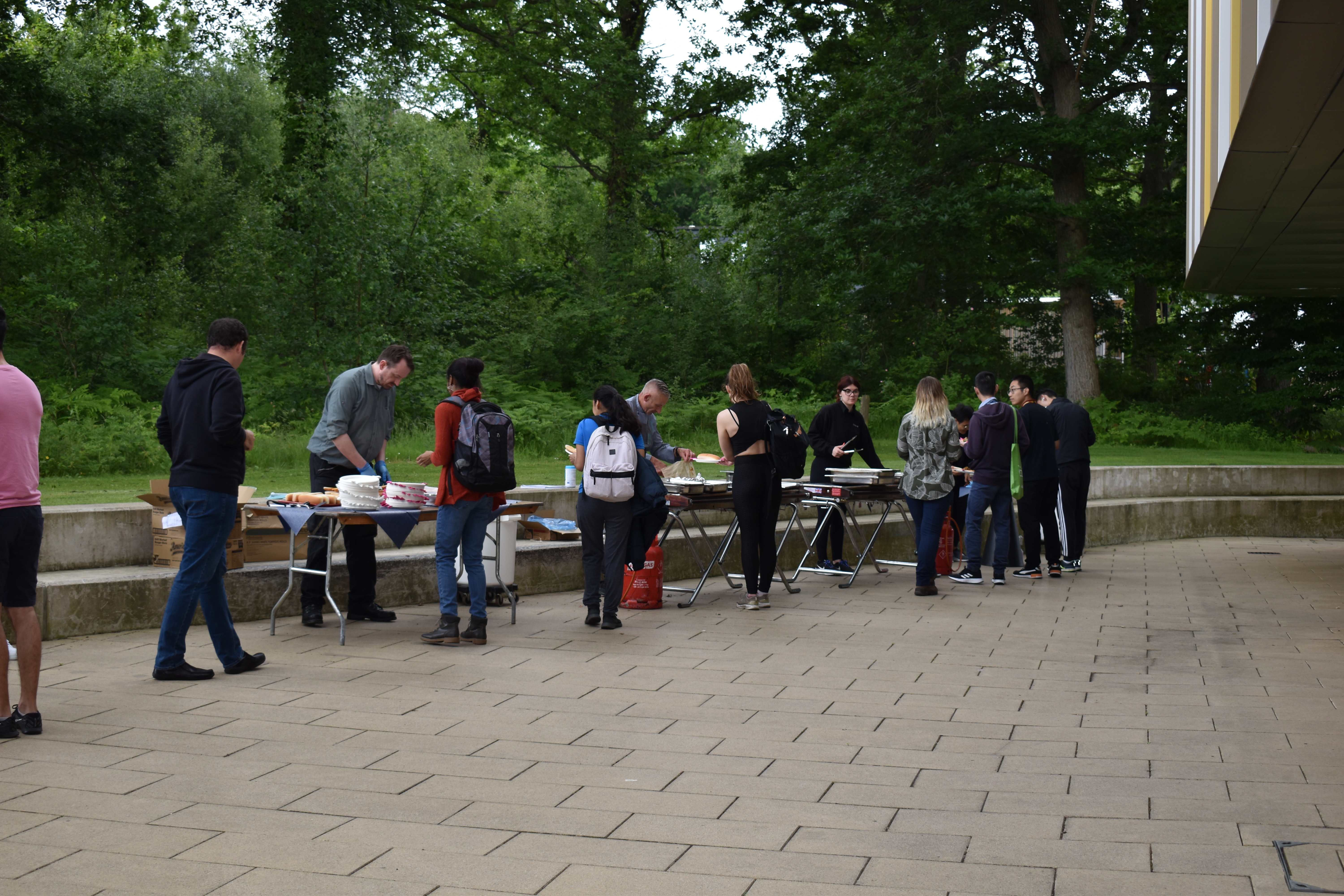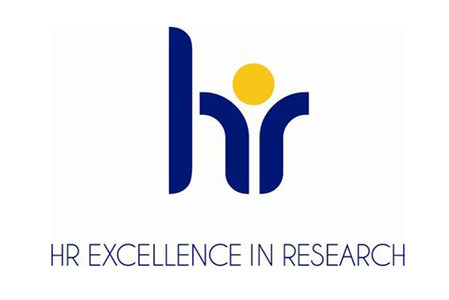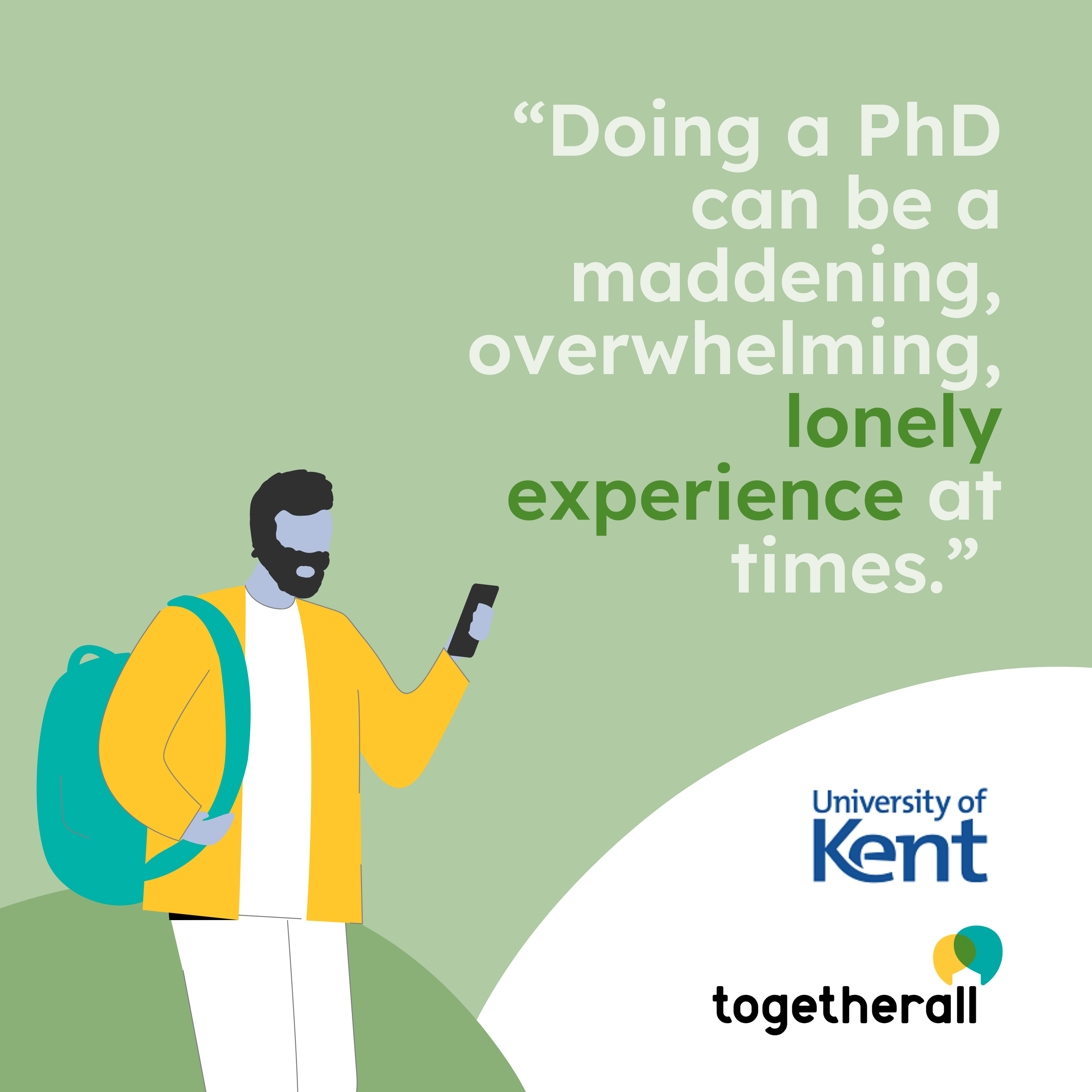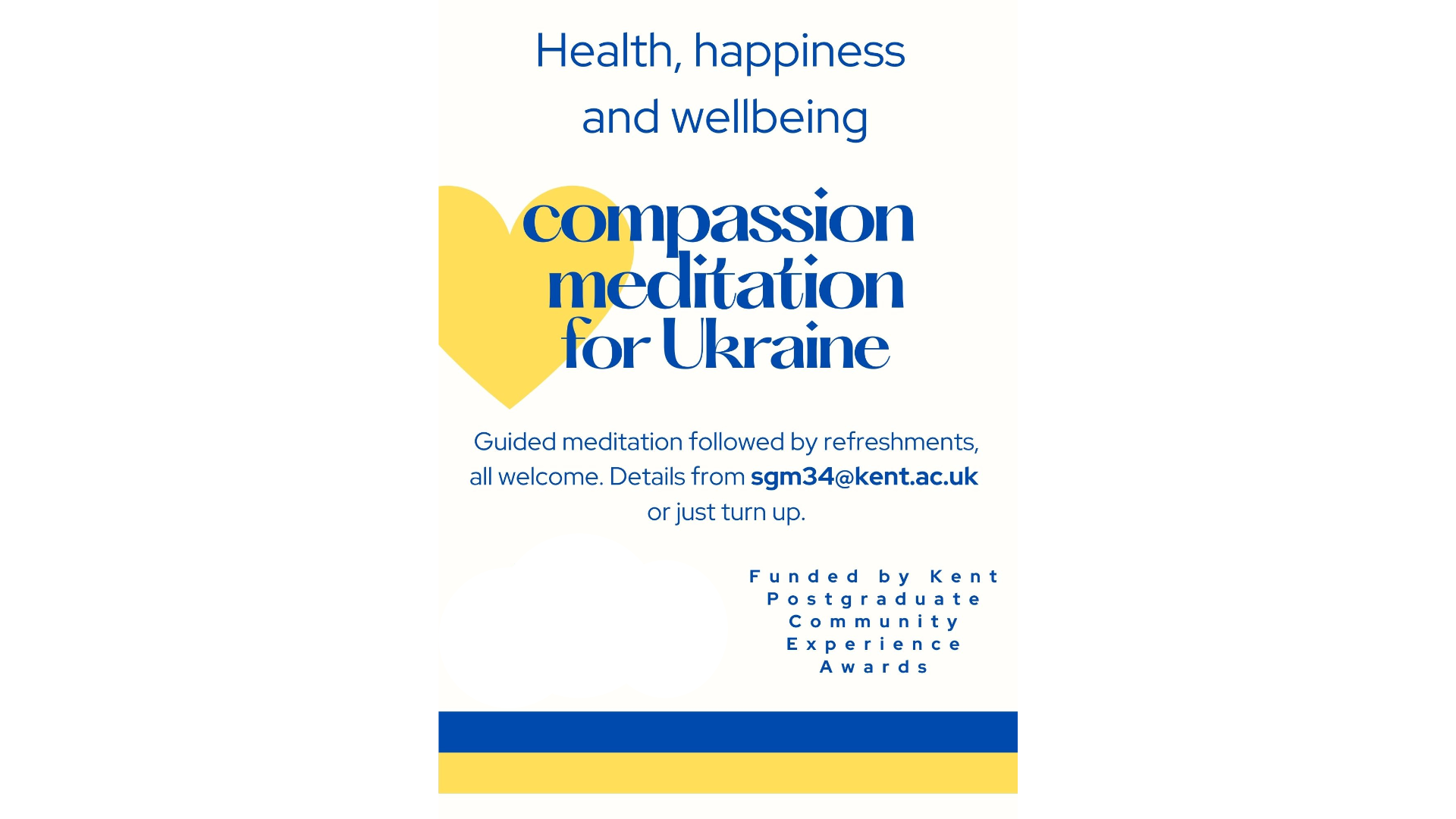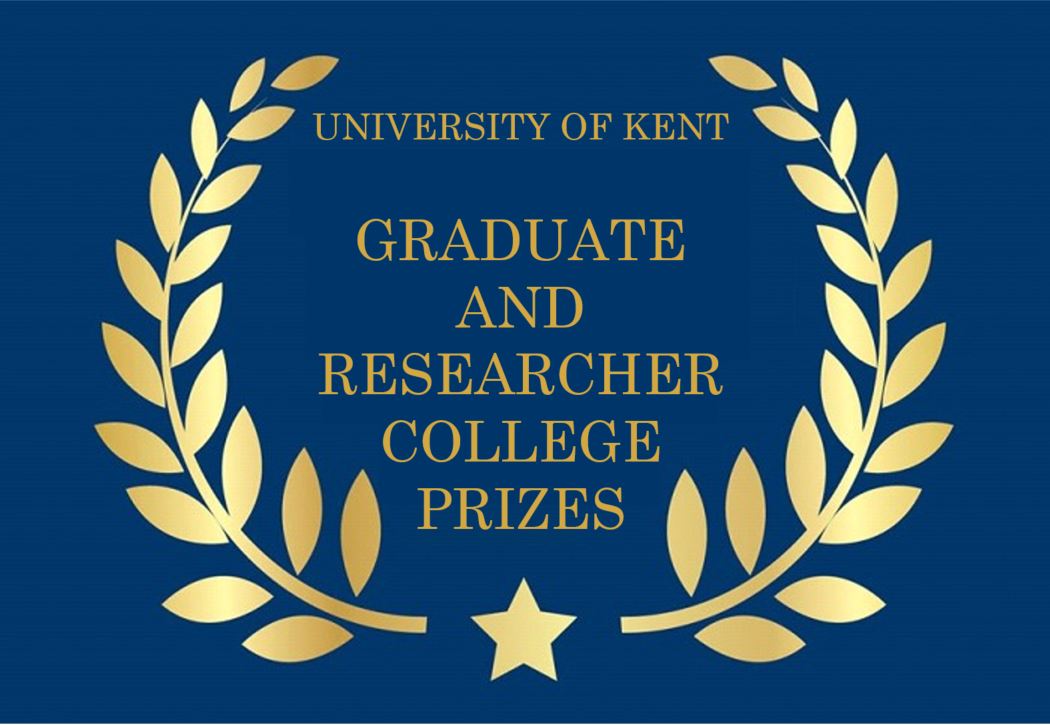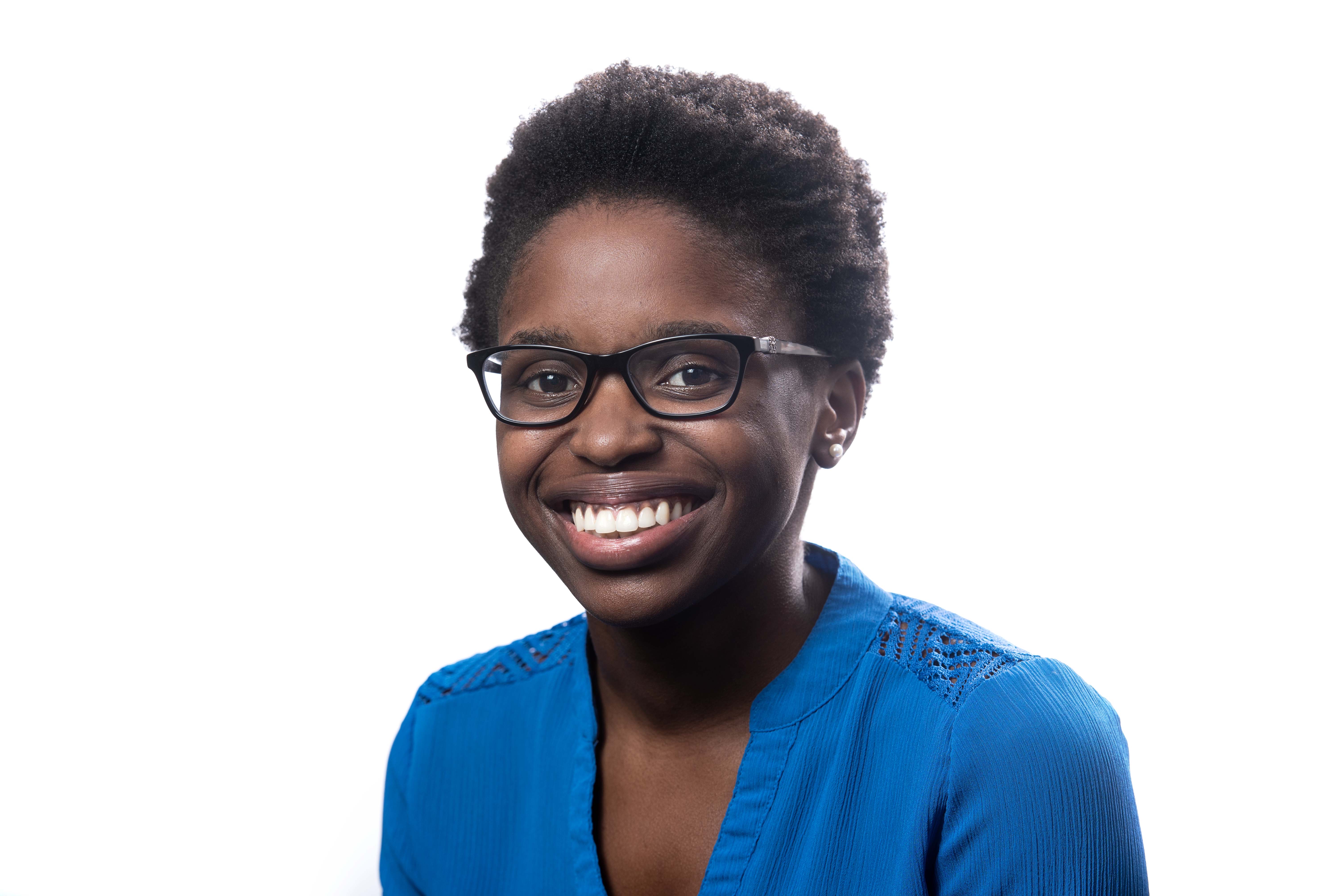The Graduate and Researcher College (GRC) is pleased to announce the undergraduate winners of the Summer Vacation Research Competition (SVRC) 2022 and the postdoctoral and undergraduate winners of the Summer Vacation Early Career Research Competition (SVERC) 2022.
SVRC:
The successful undergraduates are:
- Farradeh Martin, working with Nathan Keates, Tizard Centre, on Questioning Language
- Sarah Morrison, working with Dr Jessica Fisher, School of Anthropology and Conservation, on Nature-Wellbeing Relationships
- Saskia Jenkins, working with Dr Mohammad Yasir Malik, School of Biosciences, on RNA Polymerase III (Pol III)
- James Read, working with Dr Amira Abood, School of Biosciences, on Vitamin B12
- Wisdom Igiogbe, working with Dr Giuseppe Silvestri, School of Biosciences, on Reproductive Sciences
- Lucy Abbott & Taylor Sanderson, working with Dr Manuel Marques, School of Physical Sciences, on Biomedical Optics
- Tyler Harvey, working with Dr Brianne Wenning, Kent and Medway Medical School, on Medical Curriculum
- James Valente, working with Dr Jennifer Leigh & Hannah Greer, CSHE and CES, on the SVRC.
SVERC:
The successful participants are:
- Ashleen Sappal & Rushil Boorgula, working with Dr Katrina Taylor & Dr Sam Smith, School of Sport and Exercise Sciences, on E-scooters
- Klaudia Cielinska & Jai Nayee, working with Dr Felipe Fantuzzi, School of Physical Sciences, on Computational Supramolecular Chemistry
- Mahad Ahmed, Safiye Hussein and Munashe Munyebvu, working with Dr Kyra De Coninck, School of Sport and Exercise Sciences, on What about my skin?
Dr Jennifer Leigh, the competition’s co-founder, said:
“Both the SVRC and the new SVERC offer a unique chance for those involved to gain relevant experience and develop new research. Work on these exciting projects has now begun, and we are all looking forward to seeing how our undergraduates, postdocs and early career researchers will broaden their horizons and skills sets in the structured and supportive environment provided by these competitions.”
The competitions are supported by the Deputy Vice Chancellor Research and Innovation, Divisional Directors of Research and Innovation, the Graduate and Researcher College, and the Centre for the Study of Higher Education. Undergraduate applications for these innovative opportunities are managed by the Careers and Employability Service (CES) through its Work Study Scheme which helps students gain confidence and overcome barriers to graduate-level work.
For further information or to advertise an opportunity to students, please contact workstudy@kent.ac.uk. Some match-funding is available annually so do get in touch soon if you are thinking of recruiting Kent student-staff.
